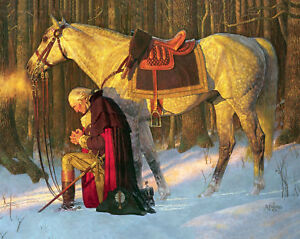I must die. Lent is the season
that reminds me that I must die. Die to
myself. Die to my desires, die to my
hopes, die to my dreams. Dietrich
Bonhoeffer says that that “Christ bids us to come and die.” So I know th
at must die.
at must die.
As we begin Lent, I know that this
must be a season in which I reflect on my sins and to confront my own self. But it must be more than this. I must completely
undo myself…to remake myself.
Lent is about putting to death all
the things that are in opposition to God. Lent is about self-reflection and re-centering
yourself around God’s will for your life.
But…where does this leave me?
I must die.
I must undo that which I have become. I must…unbecome.
Lent tells me that I must sacrifice
all…that I must be willing…no…must be able…to endure the complete reduction of
who I am.
Where to begin? How do you start to…undo
yourself? How do you start to…die?
The first thing that must go is my
idea of career. I no longer think of
myself as a chaplain. Rather, I think of
myself as a person who works as a chaplain. This might seems as a slight difference, but it
is actually very significant. I do not
associate myself as one who is worthy to have the title, “Chaplain,” or “Chaps…”
There are also those that hold that title with whom I do not wish to associate. Is that pride on my part? But I feel that I
must not think of myself as a chaplain… ‘chaplain’ as an ontological part of my
being.
Rather, I must think of myself as a
man in relationship to his God. But even
so, what does that mean?
The prophet Micah told the people of
Israel to “love justice, do mercy, and to walk humbly with their God.” The season
of Lent is an opportunity to learn to walk humbly with their God.
I will confess that at 44 years old,
I do not have a grasp on this. I want to
tell God what His plan is for me. I want
to direct the course of my life and most of all to expand my kingdom and my
comfort. What if God’s plan is not what I want? Imagine if God is calling you
to a life of obscurity…could we do it? What if God was asking us to give up our
hopes and dreams…without the assurance that there is something better. Could we do that?
The central image of the period of
Lent is Christ on the cross. Paul writes
about this and tells us that Jesus, “emptied himself, by taking the form of a
servant, being born in the likeness of men.
And being found in human form, he humbled himself by becoming obedient
to the point of death, even death on a cross” (Phil 2:6-8). If Christ was
willing to do this, what does that call me…us…to?
This Lent for me is about reflecting
on Christ on the cross and trying to instill humility within myself. Prayer, reading, fasting are all part of
this. Engaging with the Stations of the
Cross on a weekly basis is also a large part of my Lenten observance. But I feel that I have to do more than
this. Periods of silence, reflection and
introspection must become the norm. Most
of all, I must begin to tackle my own pride.
I must let Christ teach me to learn how to die to myself. I must put away
my vain ambitions. I must learn to be a
better man…a better husband, a better father…only then can I begin to…come
alive.









